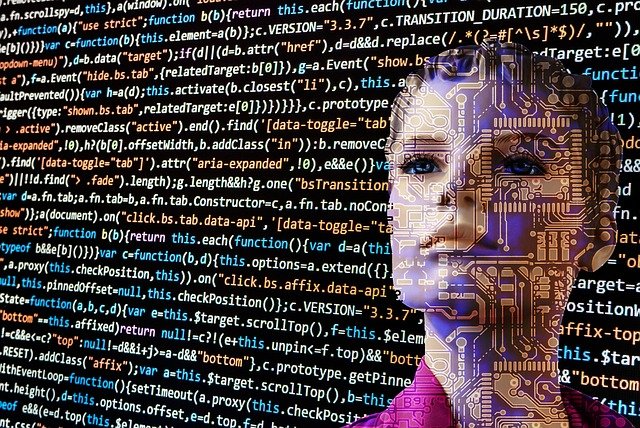When we speak to another human, we can pick up on nuances within their voice beyond the words that they are actually speaking. So if they are happy, angry, stressed or sad we can usually detect that. But, unfortunately, if they are depressed, we can’t always spot that because people often try to mask those feelings around friends and family.
We’d all like to think we’d know if someone close to us had become depressed but the unfortunate reality is that there is still a perceived stigma about depression and mental illness. Even though there have been some high-profile campaigns aimed at getting us talking about mental health more openly – like the HeadsTogether initiative by the Duke and Duchess of Cambridge in the UK – there is still a long way to go to fully remove these embedded prejudices in our society.
However, campaigns such as HeadsTogether have been doing a great job to raise awareness that depression is an illness and are working to reduce and eventually eliminate the stigma associated with mental health. But many people still think there will be some sort of prejudice if they admit to suffering from depression. Sadly some people still perceive depression as a sign of weakness particularly amongst the older generations who would have been taught to “man up” or “grin and bear it”.
Lack of readily available treatment for mental health conditions
Depression is, in fact, a common mental health condition so tackling stigma and changing perceptions about mental health issues can only be a good thing; but even if that had been achieved, treatment is not readily available to everyone. Healthcare resources are stretched in many countries – not least during the coronavirus pandemic – so mental health treatment is not prioritised. Yet it is a life-threatening illness like many physical conditions.
Cuts in mental health services in the UK, for instance, indicate that mental health diagnosis and treatment have not been prioritised by past and present governments.
The growing use of AI technology
We have long been familiar with synthetic AI voices when we call up a major company and answering systems direct us through endless hoops before we can speak to a real person. That was even before they entered our homes and lives in the form of Amazon’s Alexa and Apple’s Siri. So it’s not such a stretch of the imagination to think that AI technology could be one way to improve mental well-being. AI apps are even being specifically designed to more directly help with analysing and resolving mental health issues. So clearly the healthcare industry believes there is a place for them as a health tool.
Final thoughts
AI voice assistants may not be able to help people who are already depressed but they may go some small way to prevent loneliness. And since loneliness has been identified as one of the main causes of depression (especially among older people) AI could potentially help to prevent depression. So it is possible that AI voice assistants really can help our mental wellbeing to some extent.
Of course, we should be aware that there is also a risk that we believe AI voice assistants and other AI apps can solve problems that we as human beings should be tackling ourselves, such as helping the lonely in our communities.


